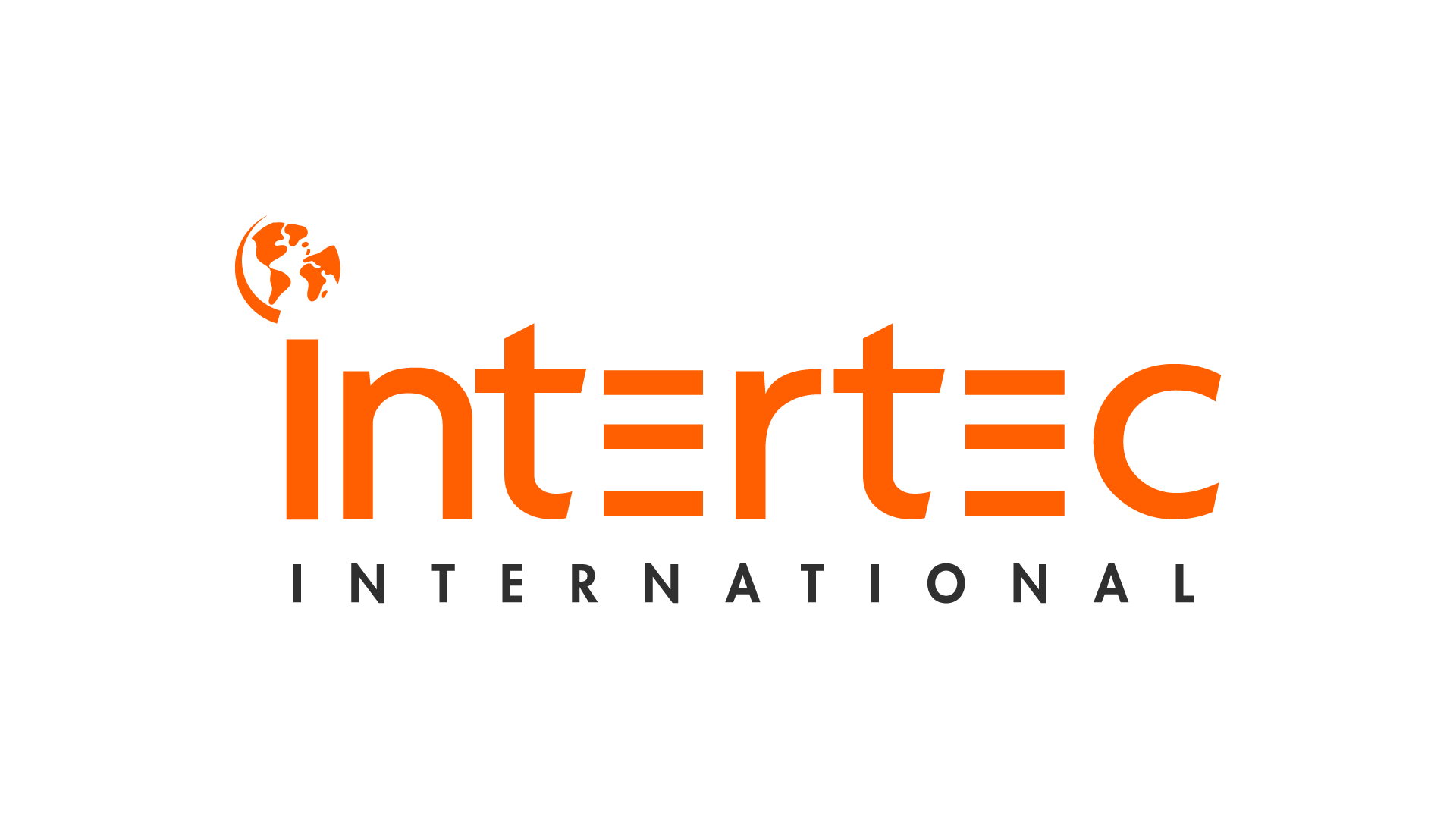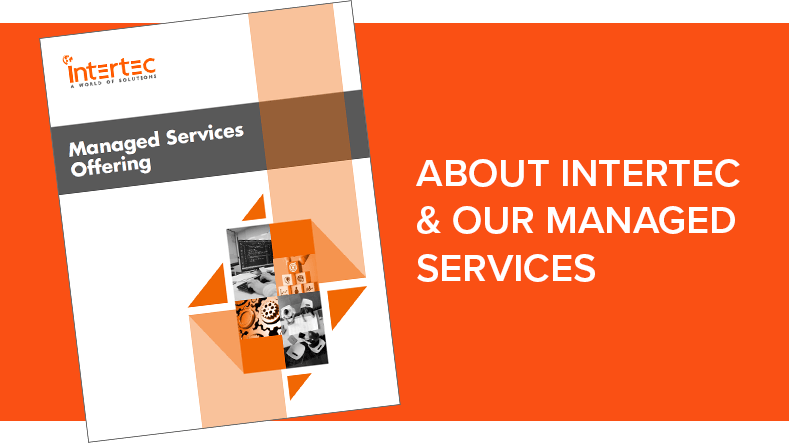Salesforce is a cloud-based CRM software that is widely growing in popularity. An increasing number of businesses are implementing Salesforce into their organization to optimize how they manage customer relationships. But, while the software is instrumental in improving customer management, it is no small task to implement the software into an organization.
The implementation process can be a long and expensive one, one that many organizations struggle to conduct on their own. For this reason, many businesses are contemplating the implications of outsourcing their Salesforce implementation as opposed to training their in-house teams for implementation. To determine which implementation method may best suit your business, we will discuss the implications of outsourcing versus training in-house to implement Salesforce.

Implications of In-House Implementation
Many businesses prefer to utilize their in-house teams for processes such as software implementation with the belief that it is a simple task. For companies with particularly tech-savvy employees, this may be feasible. But, for most organizations leaving the implementation process to your in-house team can be time-consuming, frustrating, and more expensive than anticipated.
When in-house employees are assigned to implement new software, they must undergo training before anything can be done. To implement a new software such as Salesforce, employees must have a robust understanding of how the software works. This kind of training takes time, and it steals time away from employees to perform pressing job-defining tasks and responsibilities.
If employees are unable to do the tasks they were hired to do, not only does this slow down other employees – and possibly the company – but it is incredibly frustrating. Utilizing in-house employees can also be expensive as training costs are high, and employees must be paid even if they are not doing the projects and tasks directly related to their job.
Implementing new software can be frustrating for anyone, but particularly those unfamiliar with the software. If problems arise, your employees may not know how to fix them. As a result, not only does the implementation process take longer, but employees grow increasingly frustrated. As frustration grows, more mistakes arise, creating future issues and overall inefficient implementation. If errors continue, your workforce may reject the new software before implementation has even been completed.
What seemed to be a convenient solution to implementation turned out to create more problems than there were to begin with. For this reason, many businesses have decided to turn to experts for their implementation needs and outsource.
Benefits of Outsourcing Salesforce Implementation
By outsourcing their Salesforce implementation to a managed services provider (MSP), businesses can delegate the implementation process to experts. In doing so, in-house employees can focus on more pressing and relevant tasks while leaving the strenuous IT projects to experienced professionals.
1. Expedited and Seamless Results
One of the most significant considerations for implementing new software is time. As software implementation can be costly, organizations investing in it are eager to put it to work, and time is money. Fortunately, by outsourcing Salesforce implementation, the process is significantly expedited. An MSP understands the value of your time, and with a team of experts, they can efficiently implement Salesforce into your organization. By obtaining an MSP's help, you can ensure that you receive your custom CRM projects and integrations at an incredible rate.
While speed is an essential factor during the implementation process, some businesses are concerned that faster implementation means poor results. In the case of outsourcing, this is not true. As your provider is equipped with a team of expert IT professionals, they can implement Salesforce quickly because of their familiarity with the software – not because of sloppy or rushed work.
When outsourcing Salesforce implementation, you can ensure that you are receiving high-quality, seamless results. As the implementation team consists of experts familiar with Salesforce, they can implement the software efficiently and seamlessly, without the common mistakes that could come from an inexperienced employee. In addition to an optimized implementation process, MSPs will also offer continued support in the form of troubleshooting and maintenance, ensuring that Salesforce continues to help your business.
2. Expert Quality Assurance
Hand-in-hand with a seamless installation is quality assurance. The way that your provider will ensure that implementation is successful is through quality assurance testing. In performing testing, you can rest assured that your Salesforce software is operating as designed. Performing this testing during the implementation process will cut out the risk of problems arising later.
As a result, when you are ready to introduce Salesforce to your team, you will be confident that the software will work with full function and efficiency. By outsourcing, the quality of your software no longer relies on employees unfamiliar with the software at hand but industry experts with the knowledge to confidently confirm quality.
3. Delegate Tedious Tasks
As mentioned, leaving implementation up to in-house employees can take them away from more pressing projects. Not only is it frustrating for employees to be pulled away from important, job-related tasks, but it can also slow down business operations. Fortunately, in outsourcing Salesforce implementation, these problems can be solved.
Rather than taking time away from employees with other tasks to focus on, only to have them inefficiently perform implementation, businesses can leave the implementation up to the professionals. In outsourcing, in-house employees can focus on driving the business forward while IT experts implement Salesforce with ease and better results. Should you choose to delegate a tedious and time-consuming process such as Salesforce implementation, your internal workforce will thank you.
4. Cost Savings
All outsourcing costs directly contribute to project development. Alternatively, in-house expenses are divided between development work and legal, admin, and employment costs + any equipment you may need
Beyond saving significant amounts of time, outsourcing your Salesforce implementation can also save you financially. A common misconception about outsourcing is that it is more expensive than in-house talent, but the opposite is true.
When an organization uses its in-house employees for a project such as software implementation, the cost of doing so is greater because it is split between several directions. In-house implementation expenses are divided between development work, any legal, administrative, and employment costs, and any equipment you may need for implementation.
Alternatively, when you outsource your implementation project, all outsourcing costs directly contribute to project development – and nothing else. As an MSP is already equipped with the necessary experience and equipment to conduct implementation, you save significantly in outsourcing instead of training in-house.
5. Scale and Stay Up-to-Date
As Salesforce is a CRM software, scalability is a critical aspect. As time passes, your organization may grow or shrink in size and customer base, so it is essential that your software can keep up with these changes. In outsourcing your software needs, your provider can easily make the changes necessary to scale according to your business needs. With the right MSP, you can cater your CRM to your exact needs, ensuring that it continues to add value to your business.
In addition to managing your company’s scalability needs so that your business can grow, outsourcing is also highly beneficial in keeping your organization up-to-date. As MSPs are equipped with a team of experts, they will be highly knowledgeable in any industry trends or innovations. As a result, your company will have a leg-up on any new technologies while already having a team of professionals to help you implement them quickly and efficiently.









